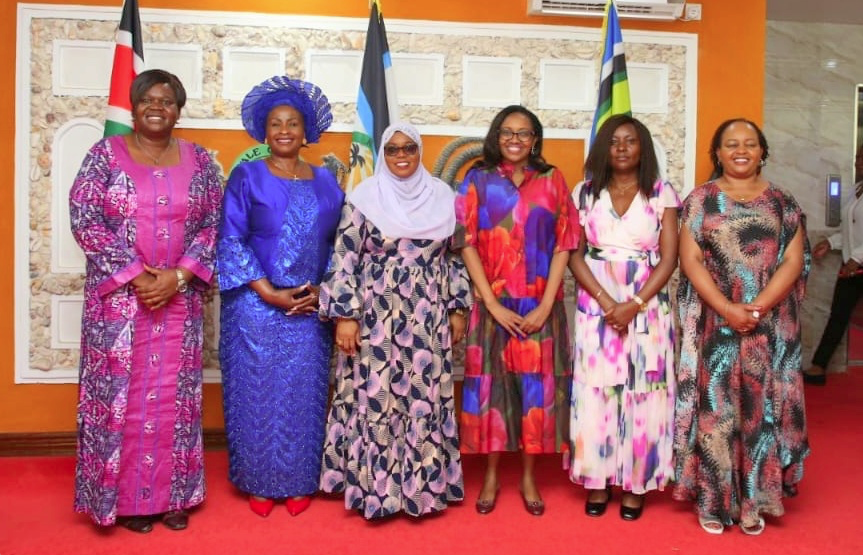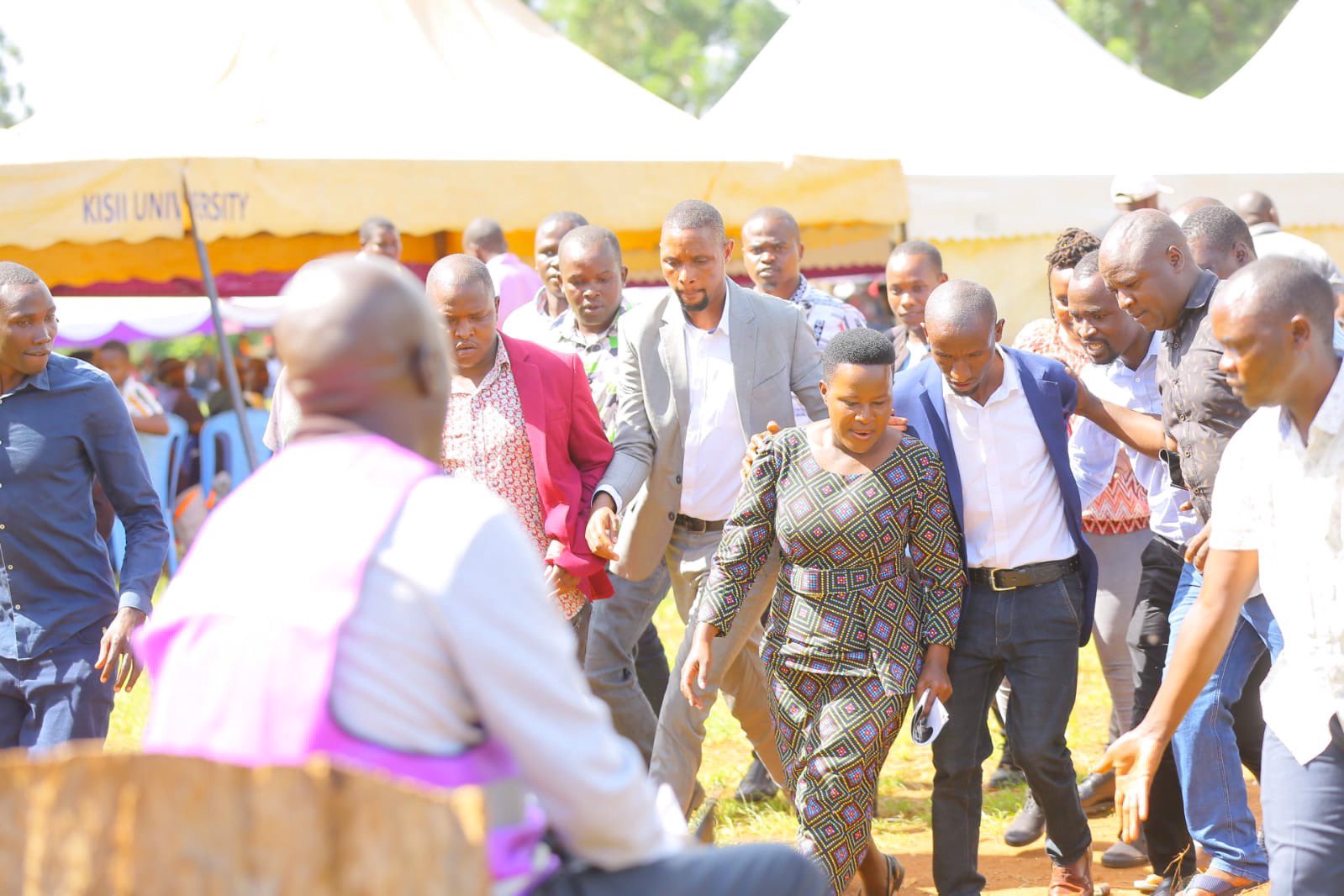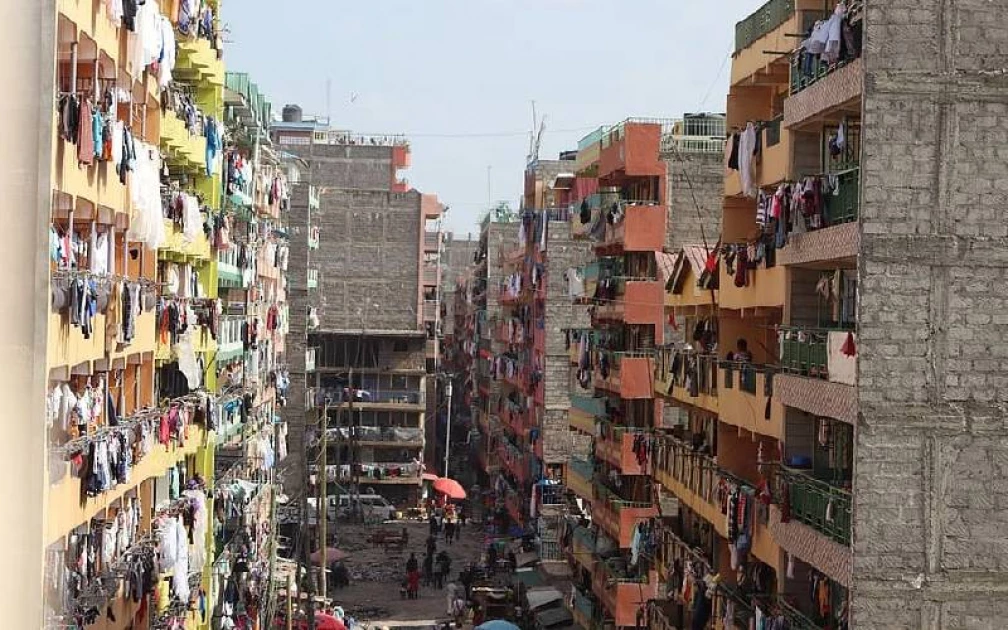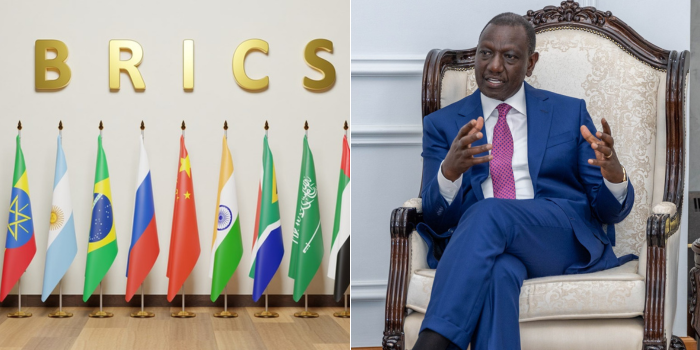Inside Kenya’s G7: The Political Storms Facing Three Female Governors
In Kenya, a unique group of seven influential female governors, often called the "Kenyan G7," has risen to prominence. However, three of these powerful women—Governors Wavinya Ndeti, Kawira Mwangaza, and Susan Kihika—are currently facing tough political challenges. Let's explore the issues they’re dealing with and what this means for their leadership and accountability.

Governor Wavinya Ndeti's Senate Appearance
Governor Wavinya Ndeti recently appeared before Kenya's Senate Public Accounts Committee, where things took a challenging turn. She struggled with the ceremonial oath, raising eyebrows about her readiness. The situation escalated when Senator Cherargei questioned a significant financial discrepancy. According to him, while financial records showed Ksh 1.4 billion in expenditures, only Ksh 700 million was logged in official financial systems. “Why is there a 663 million discrepancy in the county's finances? The public deserves transparency,” Senator Cherargei pressed. Wavinya’s response didn’t satisfy the Senate, leading to concerns over fiscal management in Machakos County. While there are no formal accusations of misconduct, her financial oversight remains a hot topic among Kenyans.
Governor Kawira Mwangaza's Costly Contract Decision in Meru
In Meru, Governor Kawira Mwangaza made waves by terminating a Ksh 150 million contract with a foreign investor, an action that led to taxpayers footing an additional Ksh 450 million in damages. Senator Metho criticized the decision, pointing out that it showed a lack of planning from Mwangaza’s economic advisors. “An advisor’s role is like pregnancy—you can’t miss its impact. But here we are with costly outcomes,” he remarked. This situation not only strains Meru’s finances but could also hurt investor confidence in the county, signaling a larger issue in Kenyan politics where leaders’ decisions have long-term economic consequences on the public.
Governor Susan Kihika’s Political Dilemma in Nakuru
Governor Susan Kihika is facing challenges in Nakuru, stemming from her strong loyalty to the United Democratic Alliance (UDA) and President Ruto. Her alignment with UDA has led to a decline in voter support, with public discontent evident during a recent event. At a funeral where Kihika read a condolence message on behalf of the president, the crowd reacted with boos, showing frustration over her close ties to UDA. In response, Kihika said, “Kenyans are becoming excessively negative, cynical, and unpatriotic. Sustainable development through Public-Private Partnerships is key to our future.” While Kihika emphasizes unity, some feel her loyalty to one political party could impact her chances in the 2027 elections.
Also Read:
-
Machakos Governor Wavinya Ndeti Faces Senate Over Missing Millions and Unlawful Accounts -
Wetangula Sends a Warning to Ruto: Is Power Blinding Kenya’s Leadership?
The current issues facing Governors Wavinya Ndeti, Kawira Mwangaza, and Susan Kihika highlight the complexities of Kenyan politics. These women must balance public expectations with political pressures to maintain their positions. In Kenya's ever-changing political scene, adaptability is key to sustaining leadership.
What do you think? Share your thoughts on Kenya’s G7 governors in the comments! If you’re interested in more insights on Kenyan politics, don’t forget to check out aktive citizen’s channel. Subscribe for updates on African politics and governance!
What's Your Reaction?





































































































